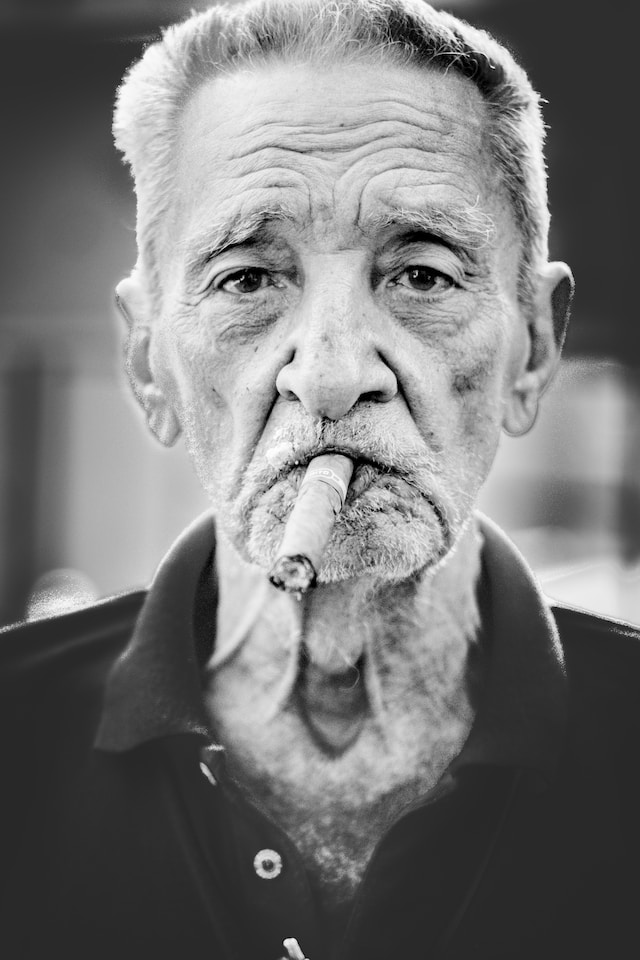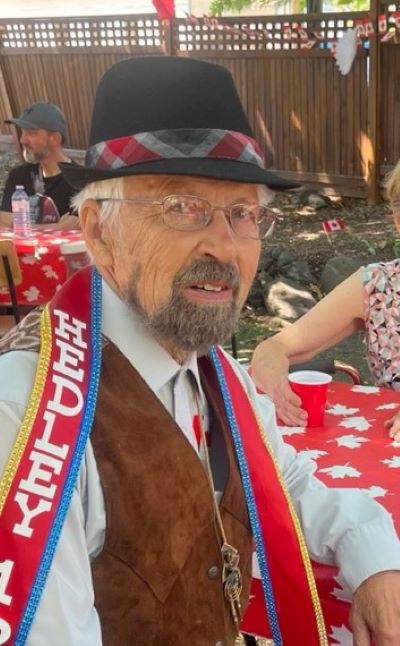
photo by Ellen Carlson Hanse at Unsplash
Prior to beginning my final semester at SFU I asked Doug McGregor, Superintendent at Matsqui Institution, for permission to do research into inmate culture in the prison. An innovator with a keen, inquisitive intellect, he was putting his reputation on the line by experimenting with Temporary Absences. He asked a series of penetrating questions and I realized that without the Oakalla experience, I might have seemed totally naive. For me it was a lesson in the importance of preparation. Doug agreed to my request and once I had gained credibility, I was given access to most areas of the prison.
For three months I interviewed men doing time for serious crimes including murder, drug trafficking, fraud and armed robbery. Knowing my life experiences differed substantively from theirs, I was concerned initially the inmates might view me with suspicion, possibly as a spy for the Administration. I was gratified to learn that most welcomed the opportunity to dialogue with someone from outside the confining perimeter fences. They seemed to consider me non-threatening, a diversion from the stultifying prison routines. Also important to me was the tolerance of the guards, especially once they were convinced I wouldn’t aid inmates in circumventing regulations.
I did most of the interviews in a small, sparsely furnished office that was also occasionally used by attorneys. One exception was several conversations with Albert, a chain smoking, grey haired inmate doing time for heroin possession and trafficking. About age 65, he had seen the uninspiring insides of prisons across Canada. Having mellowed over many years of soul numbing incarceration, he was now trusted with running the prison hobby shop. It was here I came upon him alone, sitting on a stool at his work table, a meticulously rolled cigarette tightly clenched between his lips. Tailor made smokes were beyond his financial means, but guards at times slipped him one when they entered his realm for a cup of strong brewed coffee.
In my first encounter with Albert he readily agreed to talk, but kept me waiting while he removed the nearly spent cigarette dangling between his lips and carefully selected a fresh one. The passing of time apparently meant little to him. I sensed he was using these brief moments to study me. His years in prisons had taught him there were pitfalls in too easily trusting strangers. He felt no urgency to hurry.
After chatting casually a few minutes, his face and voice indicated he felt at ease with me. Toward the end of this initial conversation I asked him about the impact of prisons on his life. He had not yet lit the smoke and the question seemed to have diverted his awareness of its presence between his lips. When he spoke after a lengthy silence, I sensed he was reflecting not only his own inner rancor and regret but also that harboured by most inmates. His voice conveyed remorse at the lost years in the unyielding system holding him in its iron fisted clutches.
“Often when I’m lying in my drum at night waiting for sleep,” he said, “I think about the relationships I once had. The family and friends who became impatient with visiting in prison, frequently through a glass or screen partition.” There was a gnawing despair in his voice and his face seemed to age as he reflected on the wasted years.
“I’ve done a little reading about how the penitentiary system got started,” he said. Pausing to consider, he remembered the unlit cigarette and struck a match to light it. “Prisons were meant to provide law breakers with a quiet place to reflect, away from temptation,” he continued. “A place to think about the direction of their lives, and make changes. But the present system only warehouses us. It doesn’t give us the understanding or ability to live successfully outside the fences. In prison there is nothing worth striving for. We exist but we have no purpose. They want us to change so we’ll think like them. In my case it’s too late. Prisons have molded my mind to think like a con. The fences and regulations have shrunk my inner world so it’s all I know.”
Albert paused to take a protracted drag from the cigarette, then said, “I’ve had opportunities for work, even for marriage, but heroin has a strangle hold on my brain. Prisons haven’t helped me fight it. When I’m released,” he mused, “I’ll catch a bus to ‘the corner’ in Vancouver and get a fix. If I’m lucky, I might have a year before I’m back. It’s the only life I know. Until they let me out I’ll just sit on this stool, roll cigarettes and smoke one after the other.”
I didn’t know it yet but our lives would intersect again before long.

